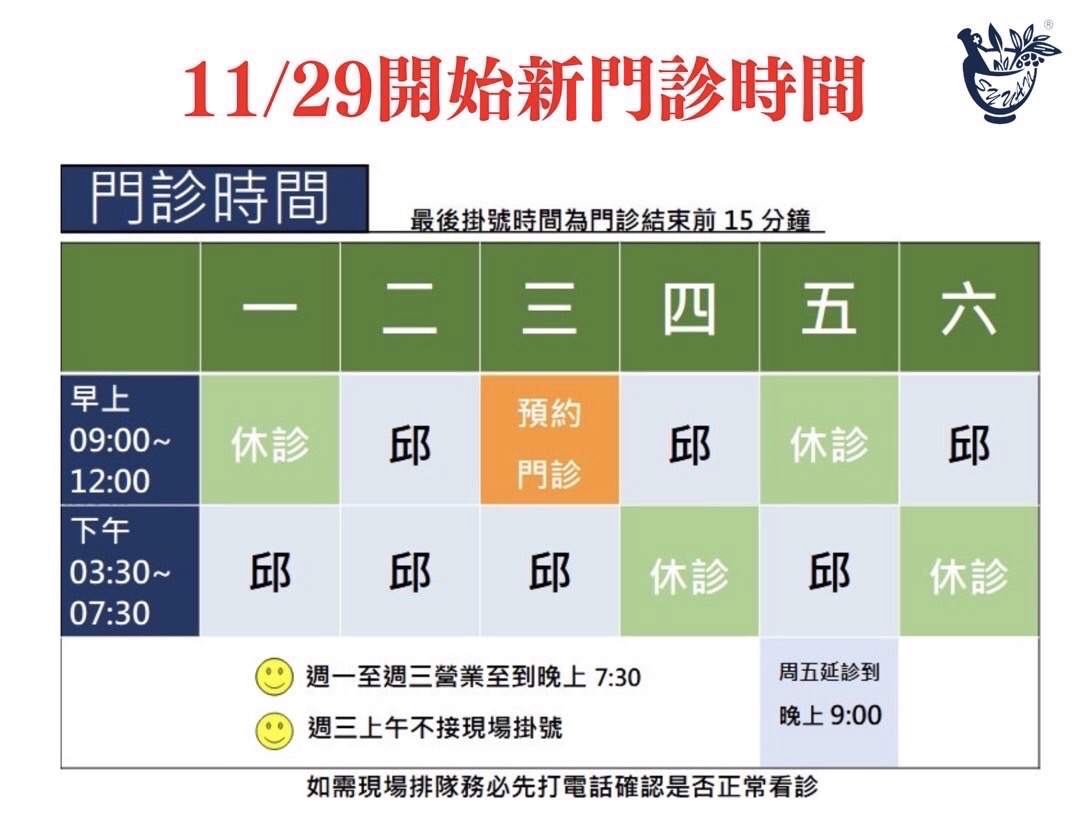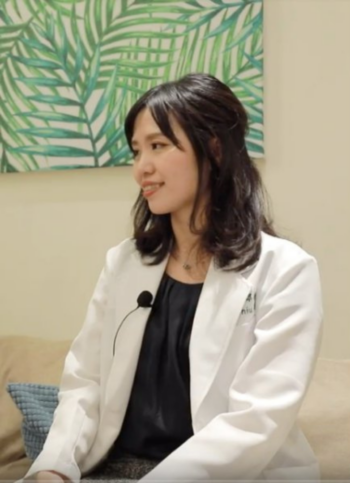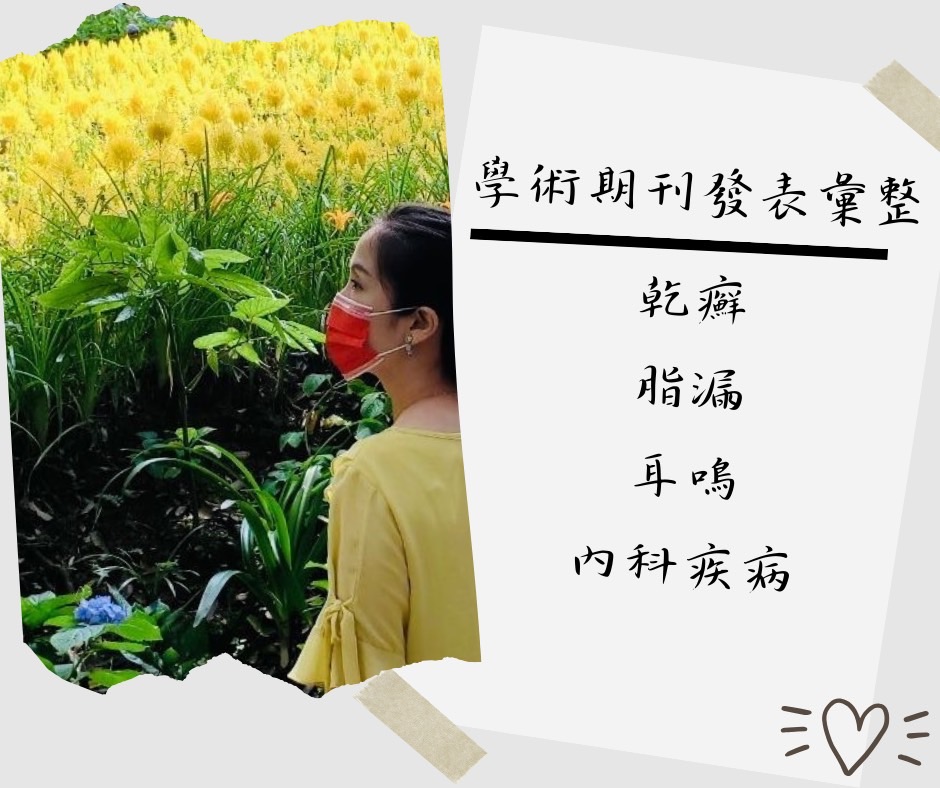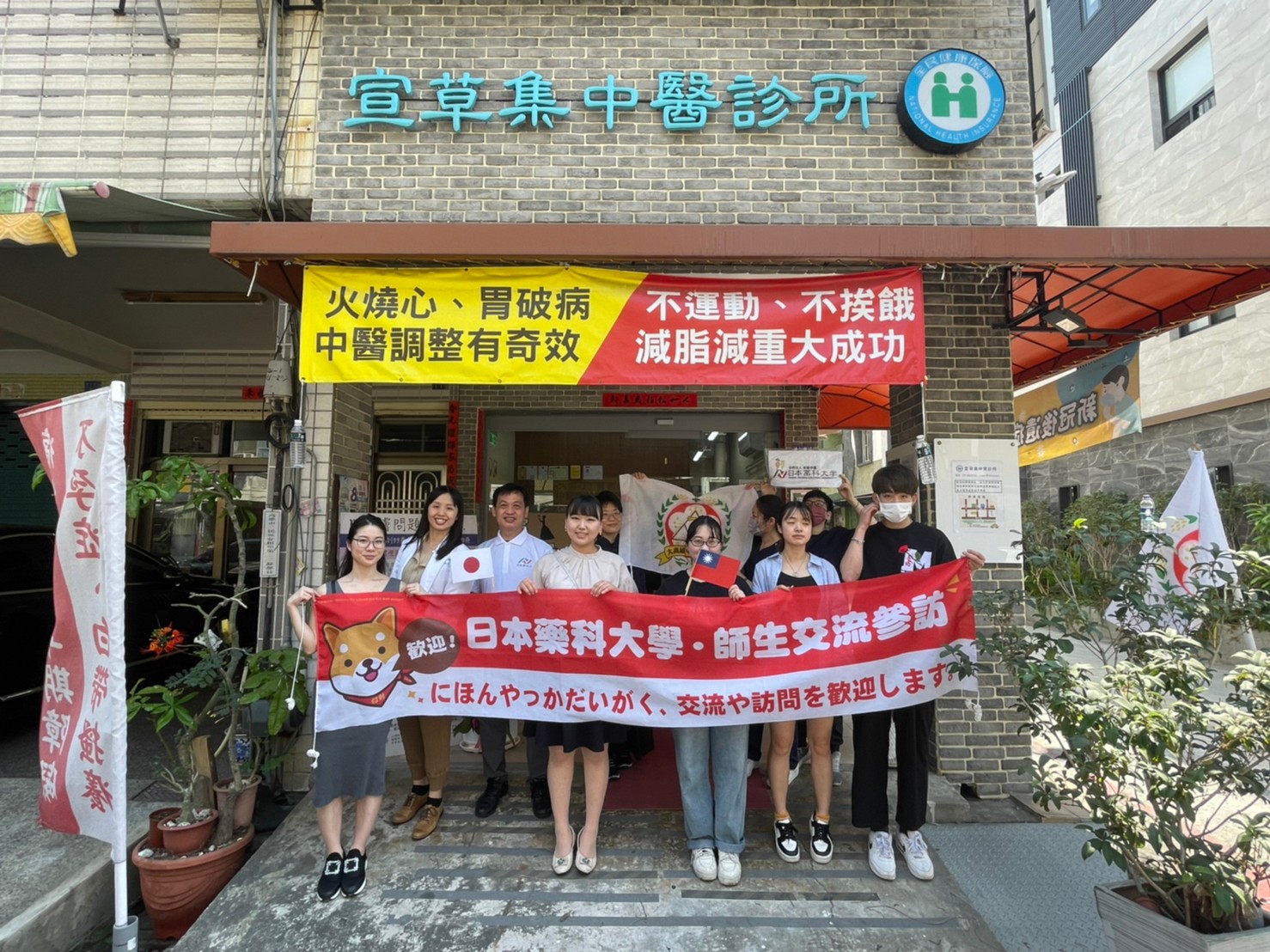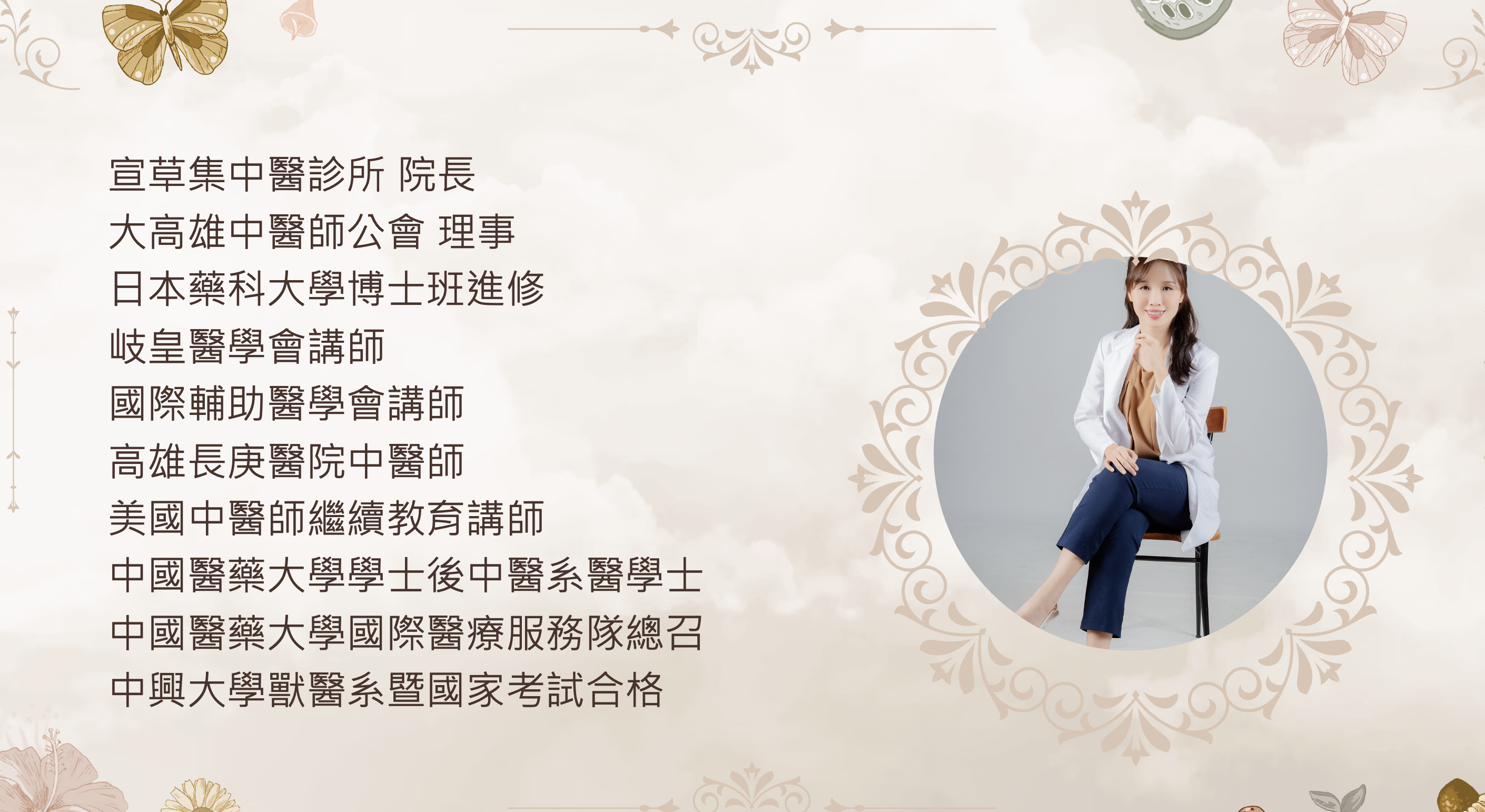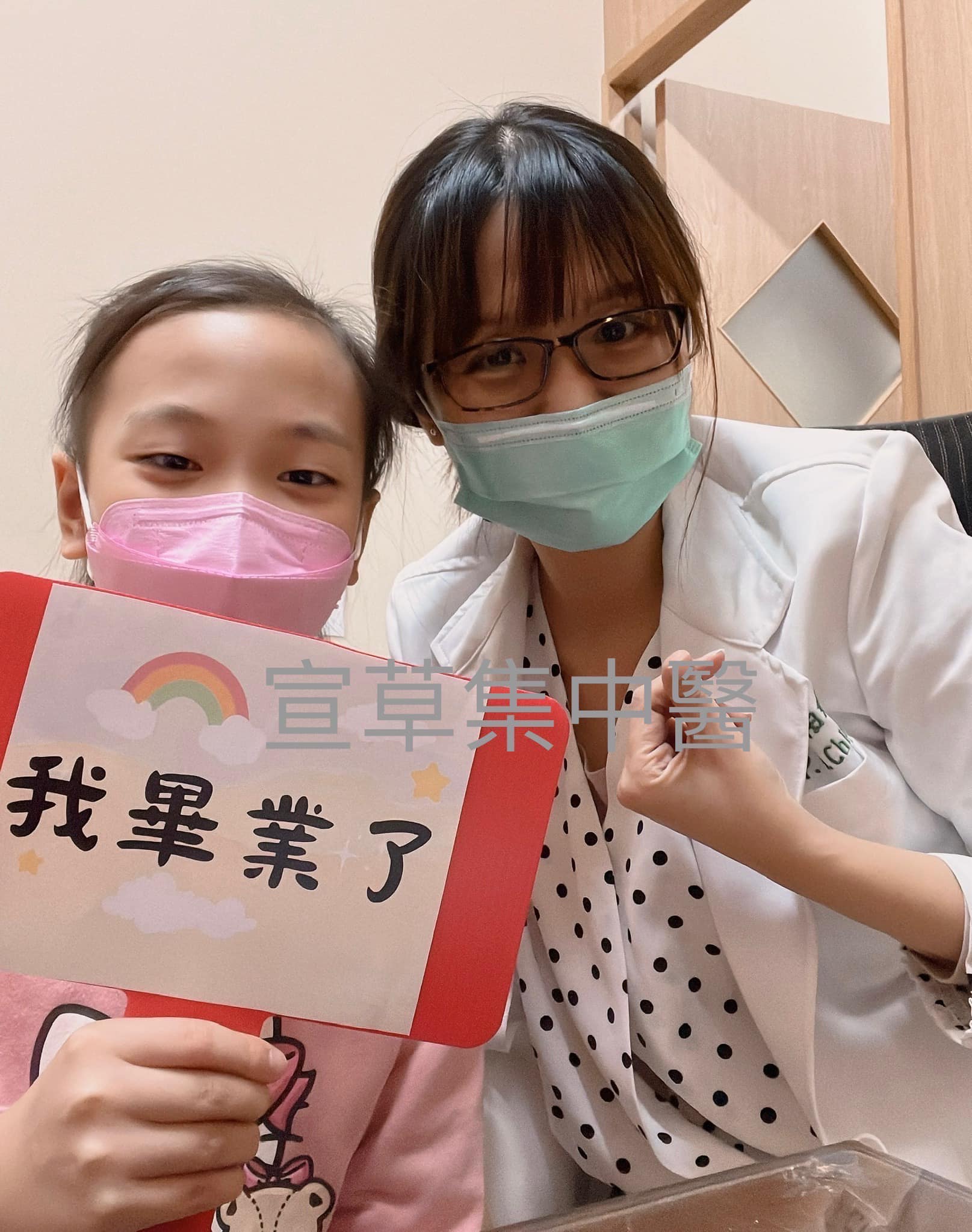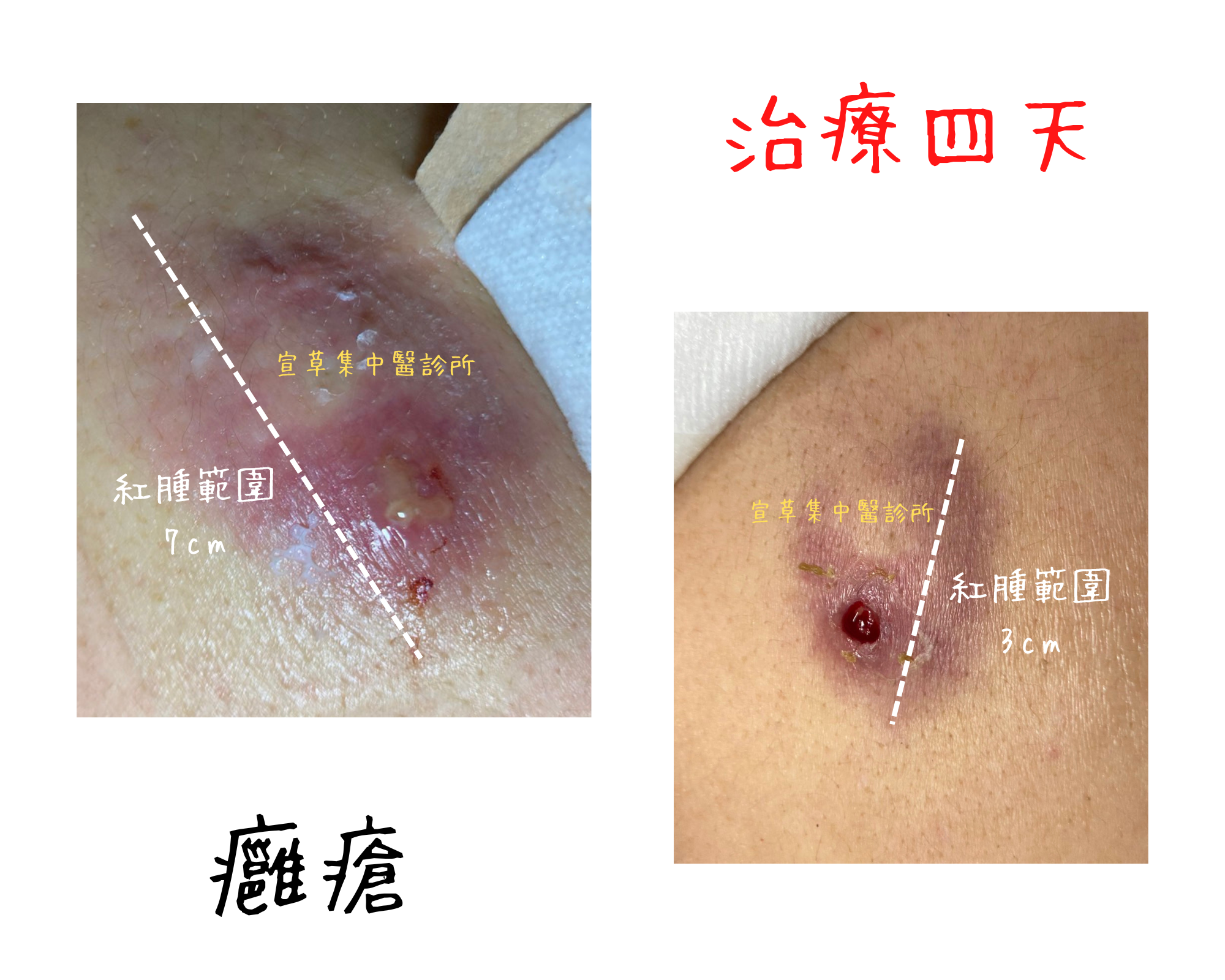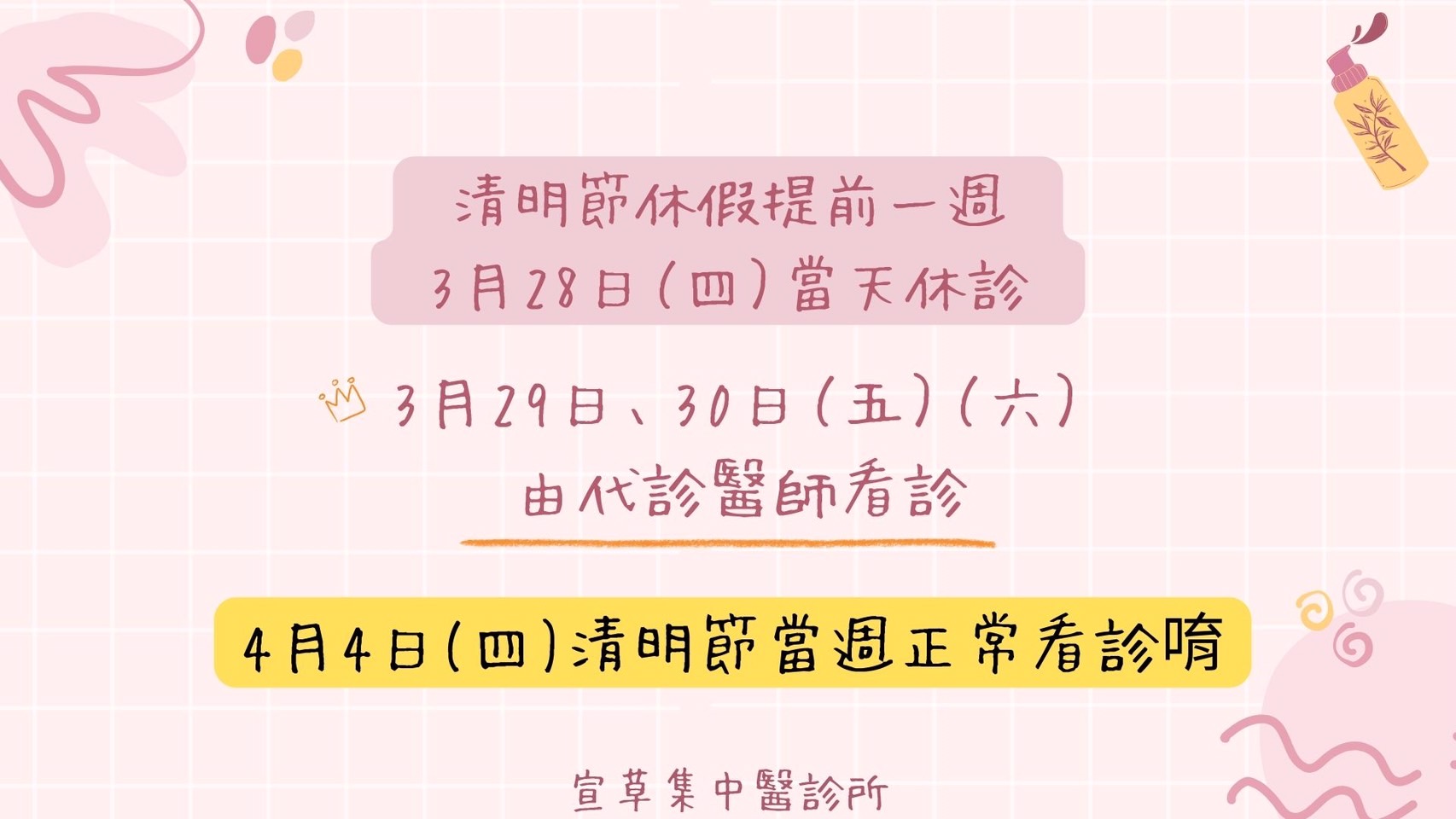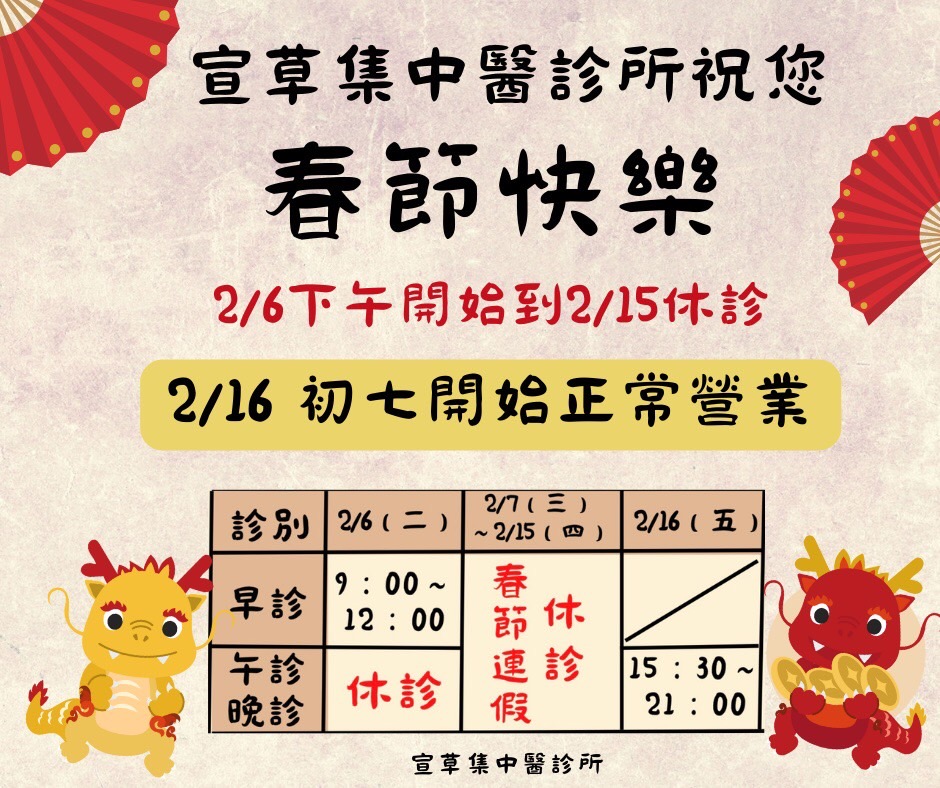高血壓是隱形殺手,容易造成心臟病、中風、腎臟病…等等。臨床上有許多突發性高血壓的患者,尤其是在發作初期,中醫辨證正確,將體質矯正回來,可以有機會不用吃一輩子降壓藥喔!

一般來說高血壓是不會有什麼症狀的,但是臨床上些患者是因為突然的不舒服症狀,如頭暈痛、胸悶、心悸、盜汗等,檢查才發現血壓超高,麻煩的是這些高血壓患者在臨床上吃降壓藥血壓降不下來,而且那些症狀不解除,血壓就持續維持在高點無法降下來。
這時候我們該思考的,是處理造成高血壓的原因,而不是一昧降壓
半年內三位患者都是相似的狀況來的,頭暈痛、胸悶、心悸、盜汗,血壓都在180~200間,在發病之前完全沒有三高的問題。
分享一例精彩case
68歲女性,因為連一週頭痛心悸,高壓都在180-200上下,醫院檢查沒有特殊問題,降壓藥也完全無法緩解症狀和降壓。
來診時血壓186,頭脹痛甚,因為服用降壓藥,心搏速度偏低,HR55,先針四神衝以及內關公孫,15分鐘再量一次,血壓沒有明顯變化還在180左右,但是頭痛的感覺已經減輕許多,診斷為陽虛水泛,以真武湯和炙甘草湯為主方,科中頓服,現場再休息一下,再量一次血壓,已將降到130,完全已經沒有不舒服的症狀。一週後回診,完全回復本來的正常狀態。
我們好幾位患者都是這樣,利用中藥,就能維持正常的狀態,不用一輩子當藥罐子喔,但小編提醒您,如果已經是長期在吃降壓藥的朋友,就不適合突然停藥改吃中藥喔。
延伸閱讀
中醫如何治療皮膚病衛教懶人包
中醫提倡自我汗療法 流汗三禁忌要注意中醫皮膚病治療相簿
高血圧は潜在的な危険要因であり、心臓病、脳卒中、腎臓疾患などを引き起こす可能性があります。一部の患者は急性期にめまい、胸部の圧迫感、動悸、発汗などの症状を経験し、その後高血圧と診断されることがあります。一部の人は臨床的に降圧薬を服用しても、血圧が高いままで症状が改善しないことがあります。
中医学の方法は、患者の体質に基づいて治療を行うものであり、単に血圧を下げようとするのではなく、患者の特定の体質原因に基づいて治療を行います。一部の患者は高血圧を特定の体質原因によるものと考え、中草薬を使用して補正することができます。
例えば、68歳の女性患者が、1週間の間頭痛と心悸を経験し、血圧が180-200の範囲にあったが、病院の検査では明確な問題が見つからず、降圧薬も効果がなかったとします。中医学的な診断の結果、彼女は陽虚水泛の症状を示している可能性があり、中草薬の治療を受けた結果、症状が明らかに改善し、血圧が正常に戻ったとされています。
中草薬の治療は一部の患者が正常な状態に戻るのに役立つことがあり、薬物に長期間依存する必要がなくなりますが、医師のアドバイスに従う必要があり、突然降圧薬を中止してしまうべきではありません。
Hypertension is a potential risk factor that can lead to heart disease, stroke, kidney disorders, and other health issues. Some patients may experience symptoms like dizziness, chest tightness, palpitations, and sweating during the initial onset of the condition before being diagnosed with hypertension. Despite taking antihypertensive medications, some individuals may still have high blood pressure and no improvement in their symptoms in clinical settings.
Traditional Chinese medicine (TCM) involves tailoring treatment based on the individual’s constitutional characteristics, rather than simply attempting to lower blood pressure. Some hypertensive patients may have high blood pressure due to specific constitutional reasons, which can be corrected using traditional Chinese herbal medicine.
For example, a 68-year-old female patient experienced persistent headaches and palpitations for a week, with her blood pressure ranging between 180-200 mm Hg. Standard medical examinations at the hospital did not reveal any significant issues, and antihypertensive medications were ineffective. After a TCM diagnosis, it was determined that she may have symptoms of “Yang deficiency with water overflow.” Following treatment with Chinese herbal medicine, her symptoms significantly improved, and her blood pressure returned to a normal range.
Traditional Chinese herbal medicine treatment can assist some patients in regaining normal health without the need for long-term reliance on pharmaceutical drugs. However, it is crucial to follow the advice of a healthcare provider and not abruptly discontinue the use of antihypertensive medications.


